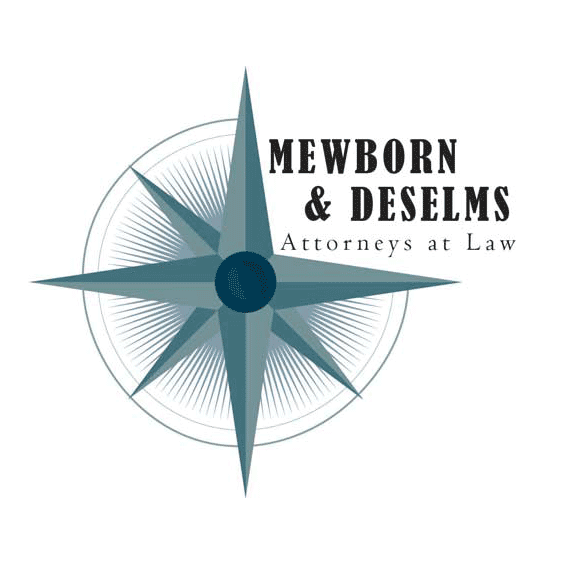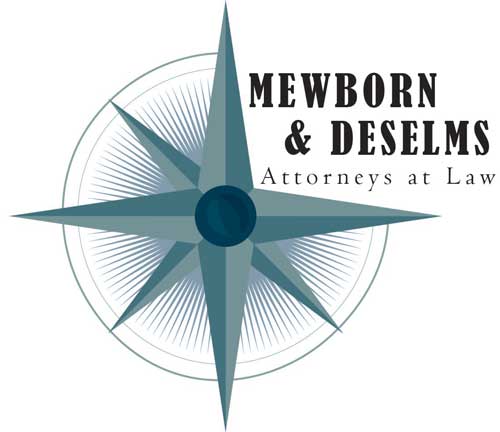Many people worry about how their loved ones will be able to make ends meet when they pass away. They do not want to see their assets tied up in a lengthy probate process. Some decide to take steps to directly pass on property or money to a loved one after death without the need to go to court. If you maintain a checking or savings account, you might think you have an easy and effective way to bypass probate.
Policy Genius explains that you may be able to modify your existing bank account so that it is a payable on death account. A POD account is worth considering in some circumstances, although significant drawbacks may exist if you want to use one as an inheritance tool.
How a POD account works
To set up a payable on death account, you need to designate someone as a beneficiary of the account who will receive the money after you pass. The beneficiary will not receive money from the account while you are alive. After your death, the money will go to the beneficiary.
POD accounts come in different forms. You can use a checking account, a savings account or a certificate of deposit to pay out to a beneficiary. There are other assets that work in a similar way, also called transfer on death accounts. These include stocks and bonds. You may also use retirement accounts like a traditional IRA or a Roth IRA.
Drawbacks to using a POD account
There are some potential issues that could arise when using POD to pass along assets to loved ones. For example, let’s say you listed two people to receive the funds in the event you pass away. You really do not have the ability to really state who should receive what in these circumstances, which could create problems between family members after you pass.
Also, a POD does not apply if you become incapacitated. In these situations, the money remains in your account, accessible only to you, until you pass away. If you cannot make decisions for yourself regarding health care or other issues, your loved one will not be able to use any of these funds for any reason, unless you have established a power of attorney over your finances.
You may also have concerns regarding how the beneficiary will use the money that you plan to give to him or her. Know that a POD does not allow you to have any say over how your beneficiary uses these funds. All of the money is immediately accessible upon your passing. If you wish to have more control over how the money is used and when it is distributed, you may wish to consider establishing a trust in order to put specific requirements and rules in place.


